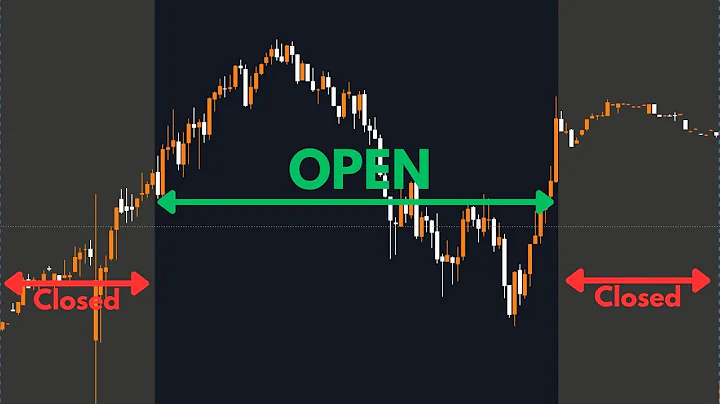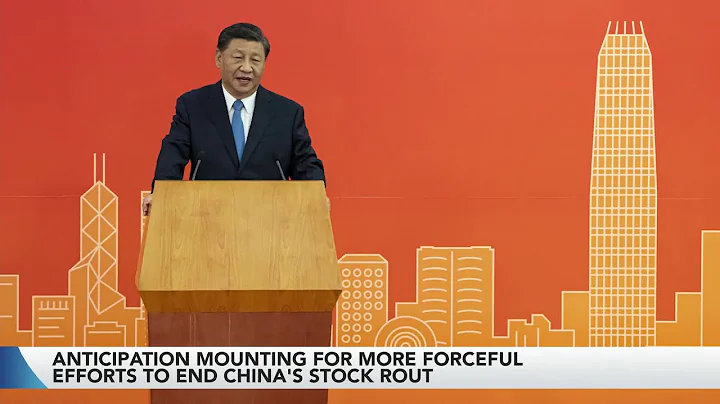html According to news on June 30, SenseTime lifted the ban on restricted shares today. After the opening of Hong Kong stocks, SenseTime's stock price plunged , and the stock price once dropped to HK$2.91. As of press time, SenseTime was trading at HK$3.25, a drop of nearly 45%, with a market value of less than HK$110 billion. This also means that SenseTime’s share price fell below the issue price of HK$3.85 for the first time since its listing at the end of last year.
This morning, SenseTime Technology announced on the Hong Kong Stock Exchange that the company’s executives Xu Li, Wang Xiaogang, Xu Bing and certain members of the company’s management voluntarily promised that before December 29, 2022, they would not A total of 2.002 billion Class B shares of the company were sold (accounting for approximately 5.98% of the total issued shares). The aforementioned members stated that these voluntary lock-up commitments were made to express their confidence in the company's long-term value and prospects. At the same time, all issued Class A shares of the company will be subject to a lock-up commitment until December 29, 2022.
Although the company's management announced an extension of the share lock-up period to express confidence in the company's long-term value and prospects. However, SenseTime’s pre-IPO investors and cornerstones were involved in 23.3 billion shares, accounting for 70% of the company’s total share capital. With all the bans lifted today, the number of circulating shares on the market will increase significantly.
Just last week, Macquarie’s research report reiterated SenseTime’s “underperform” rating and included it on the sell list, saying that its current valuation is too high. Macquarie’s research report pointed out that the price-to-earnings ratio (TTM) of global artificial intelligence companies has dropped from about 30 times in late December 2021 (when SenseTime was listed) to about 15 times currently. SenseTime's stock price has also corrected 25% from its peak in January 2022 ( Hang Seng Index -6.5%), but its valuation (26.2 times 2022 price-to-sales ratio) is still higher than its peers.
The bank believes this is due to free float (below 2%) and limited trading activity. Its current valuation and share price are too high. The bank lowered the company's target price by 19% from HK$4 to HK$3.24, with a potential downside of 45.8%. The bank continued that it expects the free float to increase to more than 60% after the pre-IPO share lock-up period expires on June 30. In addition, based on the final offering price of SenseTime's Hong Kong stock IPO of HK$3.85 per share, its valuation (26.2 times 2022 market-to-sales ratio) is significantly higher than the valuation of software (6.9 times) and artificial intelligence (9.5 times) peers. gap and heavy selling pressure. The bank lowered SenseTime's 2022 revenue growth forecast from 34% to 29%, slightly adjusted the 2023/2024 forecast growth to 38%/36%, and lowered the expected valuation to 10 times the 2023 market-to-sales ratio ( Previously it was 16 times the 2022 market sales rate).












